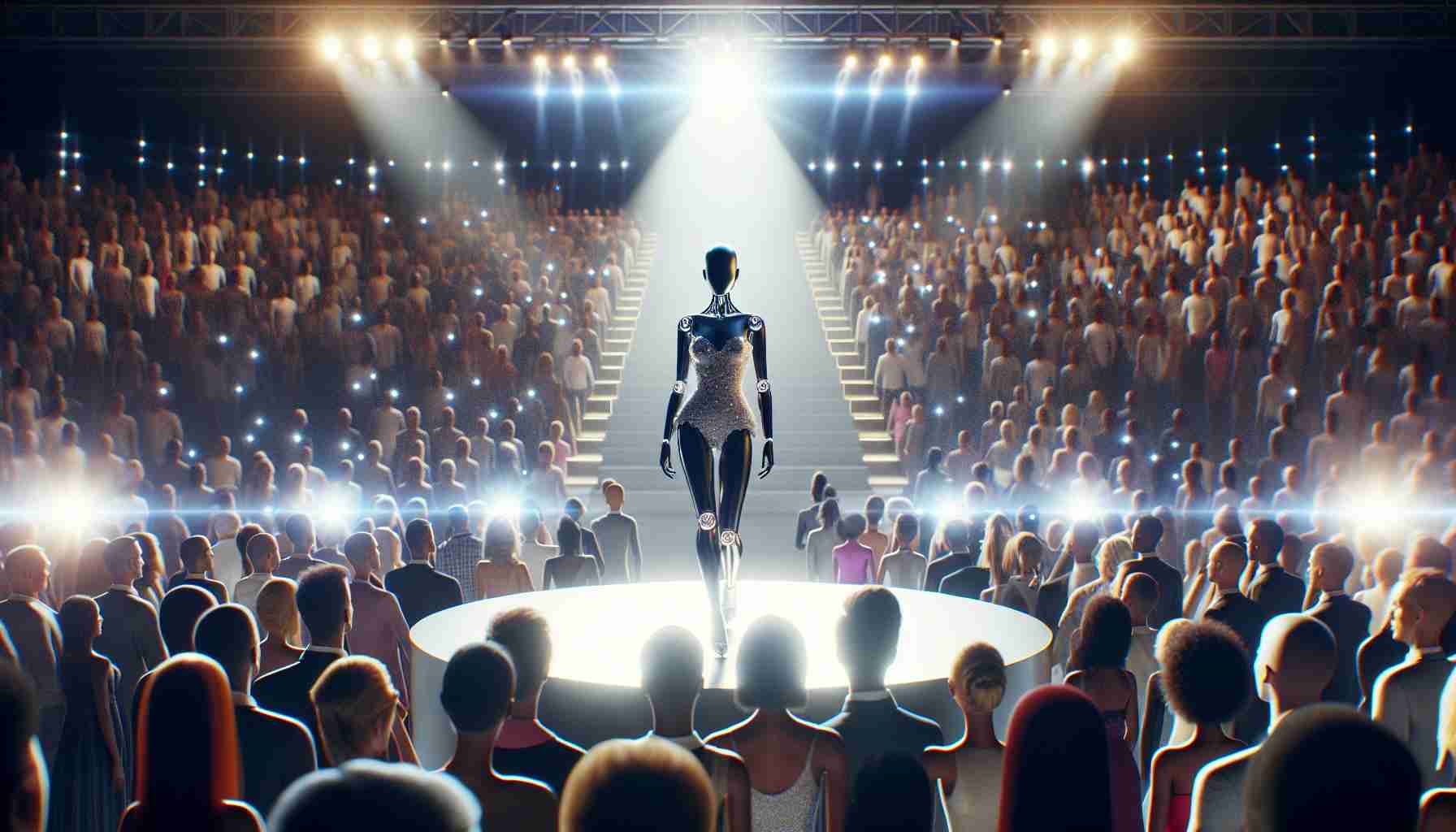In an unprecedented move within the glamour industry, Fanvue has announced the inception of a new kind of beauty pageant—one that places artificial intelligence in the spotlight. Slated for May, the event will unveil a stage where AI-generated models will vie for the crown of Miss AI, based not only on their digital allure but also on their technological innovation and social influence.
The ground-breaking contest is a segment of the World AI Creator Awards (WAICA), designed to celebrate AI content creators globally. This spectacle will bridge the realms of technology and aesthetics as digital divas, engineered to impress visually and intellectually, take the internet by storm.
A panel comprised of beauty pageant historian Sally-Ann Fawcett, and AI influencers Aitana López and Emily Pellegrini will bring their expertise to the table to assess the entrants’ synthetic charms. López, with her iconic pink locks and fitness persona, has captivated over 306,000 Instagram followers, earning a substantial online income. Similarly, Pellegrini has quickly risen to prominence with earnings that highlight her captivating content.
Contestants will be scored in three categories—beauty, technology, and influence—using a point system that leads to an overall score. Entrants will also have to demonstrate confidence and thoughtfulness, addressing questions aimed at their potential to dream of a better world.
The winning AI model will be awarded a total of $13,000, combining cash, mentorship, and PR support—an unprecedented nod to the increasing intersection of technology and traditional beauty standards. As the world watches the upcoming automated runway closely, it echoes the recent introduction of Spain’s AI presenter, Alba Renai, proving that the age of digital beauty is just beginning.
Current Market Trends:
The beauty industry has been witnessing an intriguing blend of technology and aesthetics with the rise of AI-generated models and influencers. Virtual beings are carving out their own space within the digital ecosystem, catering to the needs of tech-savvy generations who spend a significant amount of time online. There has been an increase in virtual influencers on social media platforms, engaging audiences and monetizing through brand collaborations much like their human counterparts.
Artificial intelligence is also making strides in personalizing beauty recommendations for consumers through machine learning and data analysis, further entwining AI with beauty and fashion sectors. Apps and platforms now provide virtual try-ons and style advice, tailoring experiences to individual preferences and behaviors.
Forecasts:
The proliferation of AI in beauty contests such as the Miss AI pageant is likely to continue, as the technology advances and acceptance grows. This could potentially open a new market niche for AI-generated models, providing opportunities for brands to connect with audiences in novel ways. Furthermore, as more people engage with virtual influencers, AI personas could become trendsetters, pushing forward new beauty standards and expectations.
Key Challenges and Controversies:
One of the primary concerns surrounding AI models is the ethical considerations of what constitutes beauty and the pressures of perceived perfection when models are crafted from algorithms. There are questions about the implications for human models and the representation of diverse bodies, races, and genders within the artificially created beings.
Moreover, the use of AI models may also lead to new forms of deepfakes and unrealistic beauty standards, potentially exacerbating existing issues in the beauty industry such as body dysmorphia. The manipulation of images and the creation of unrealistic appearances could blur the lines of reality, leading to greater social pressures for individuals.
Most Important Questions:
1. How will AI models influence traditional beauty standards and cultural perceptions of beauty?
2. Could AI-generated beauty pageants lead to a new form of digital discrimination or bias based on AI-generated characteristics?
3. How will human influencers and models adapt to the rise of AI counterparts within the industry?
4. Will virtual beauty pageants like Miss AI spark dialogue and legislation around digital identity rights and the authenticity of online personas?
Advantages:
– Variety and Innovation: AI models can be customized to a vast range of aesthetics, allowing for endless creativity and innovation in beauty standards.
– Accessibility: A virtual beauty pageant can engage a global audience, unrestricted by geographic or physical limitations.
– Marketing Potential: Brands can leverage AI models for targeted marketing campaigns, without the constraints associated with human models.
– Cost-Efficiency: Over time, the use of AI models may prove to be more cost-effective than traditional models, as they do not require travel, accommodation, or other related expenses.
Disadvantages:
– Ethical and Moral Concerns: The creation of AI models raises questions about the representation and possible reinforcement of unattainable beauty standards.
– Job Threat: The advent of AI models could pose a threat to the livelihood of human models within the industry.
– Deepfake Technology: The technology used to create AI models could be misused to produce deepfakes, leading to potential misinformation and privacy violations.
– Cultural Homogenization: The reliance on AI could lead to a loss of cultural diversity in beauty if algorithms are not carefully designed to include a wide representation of ethnicities and body types.
For more information on the latest developments in AI and the beauty industry, visit the following reputable websites:

